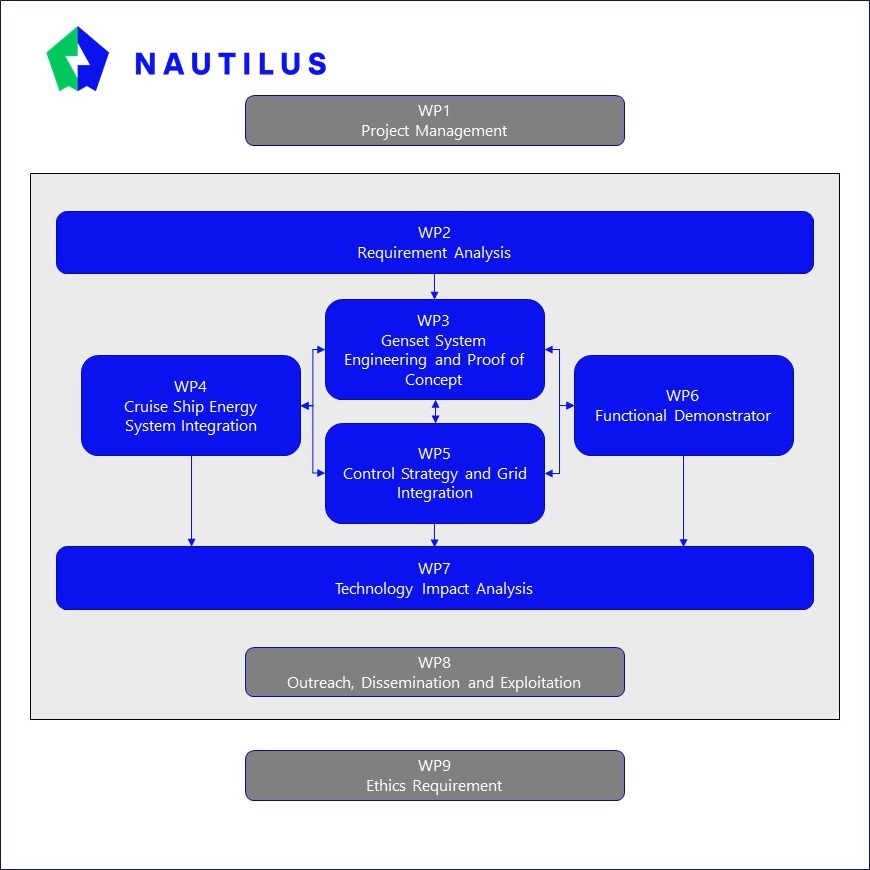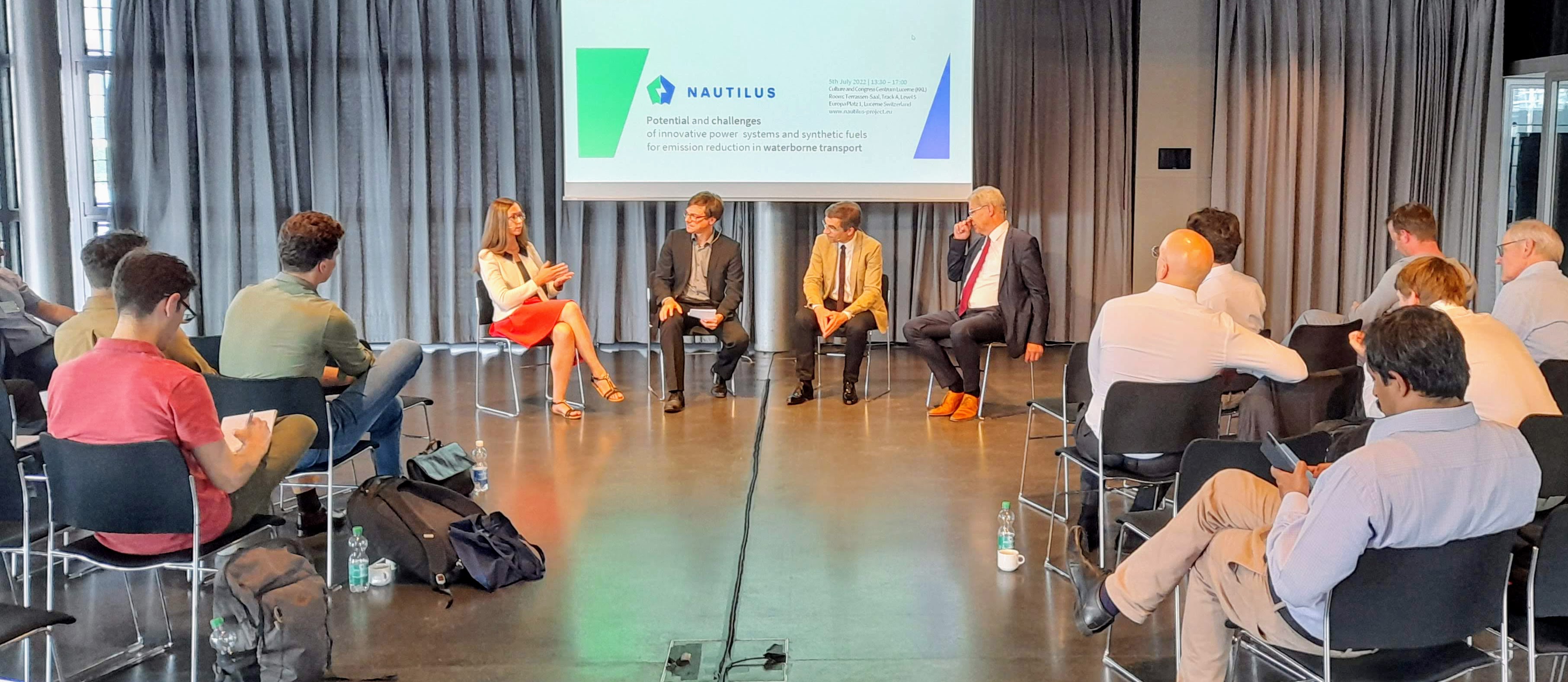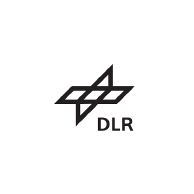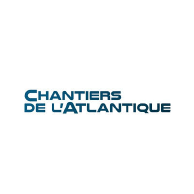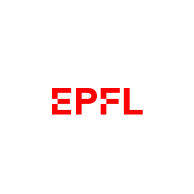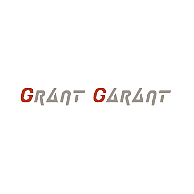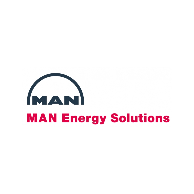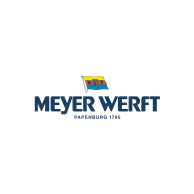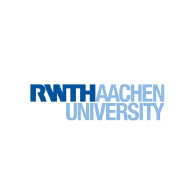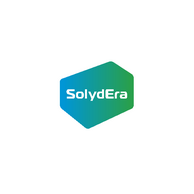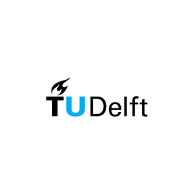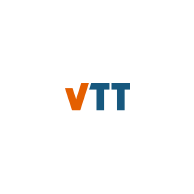This work package is dedicated to a technology impact analysis of the genset developed in the project. The objectives of this WP are the determination of the genset performance using future renewable fuels for green transport, techno- economic analysis of the genset, emission analysis of the proposed genset and perform its life-cycle analysis.
7.1 WP Leader
Technische Universiteit Delft (TUD)
7.2 Tasks and Outputs
Future fuels analysis and deployment
- The performance of the genset was evaluated for future fuels that are of interest for the marine sector. The production capacity, volumetric and gravimetric energy density of onboard storage, technology, maturity, safety, fuel cost, storage cost and environmental impact were the criteria that the short list of the future fuels were evaluated against. LNG, methanol, (renewable) diesel, ammonia and hydrogen were eventually shortlisted.
- The electric power and heat delivered by the SOFC system as well as its efficiency depend on the type of fuel used. A suitable system was designed for all five shortlisted fuels and thermodynamically modelled to estimate the electrical and thermal performance. The results in Figure below show that the use of ammonia results in the highest total efficiency for combined power and heat production.
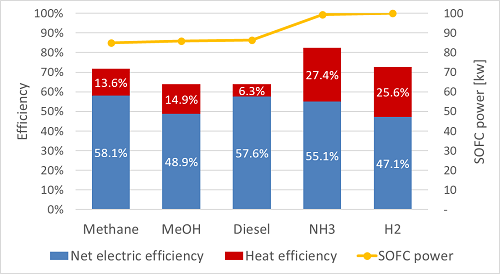
Figure 1 Results of thermodynamic analysis of SOFC systems for five different fuels
Techno-economic analysis
- The results of the analysis of the genset performance with alternative fuels were subsequently used to evaluate whether these fuels could offer an economically competitive solution. Therefore, a technical economic analysis (TEA) was performed together with a cost-benefit analysis.
- The data from the thermodynamic analysis were combined with cost data of the SOFC system and the different fuels for a techno-economic analysis, considering the capital cost of the different SOFC components, cost of stack replacement, fuel cost and maintenance cost.
- Cathode off-gas recirculation reduces the levelized cost of exergy (LCOEx) for all fuels as well. An additional sensitivity analysis suggested that fuel purchase cost, stack lifetime, and annual interest rate are the three parameters with the highest influence on the system cost.

Figure 2 Results of techno-economic analysis of SOFC systems for five different fuels and without (left) and with (right) cathode off-gas recirculation.
- Deliverable D7.3 - Techno-economic analysis and cost prediction report of genset – completed.
Emission analysis
- A detailed emission analysis will be performed in this task to quantify the emissions from the proposed genset concept and compare it to the emissions from current state of the art marine ICEs.
- Deliverable D7.5 - Emission analysis report of the genset – pending.
Life cycle analysis (LCA)
- The main objective of this task was to carry out an initial life cycle analysis (LCA) of maritime SOFC power plants for methane and four alternative fuels, namely methanol, diesel, ammonia, and hydrogen.
- To achieve an understanding of the environmental sustainability of each fuel, the impacts from fuel production needed to be combined with the energy content information and the SOFC system efficiencies.
- Screening results suggest ammonia and hydrogen could potentially have lower global warming potential impacts than the other studied fuels (diesel, methanol and LNG) in SOFC system.

Comparison of fuel Global warming potential (GWP) per MJ energy content (LHV) including production and use. The range of results was related to different fuel production methods
- Deliverable D7.1 - Screening LCA report of the genset – completed.
- Deliverable D7.4 - Full LCA report on the hybrid genset and integration with cruise ships – submitted
7.3 Duration and Status
- Months 1 - 54
- Status – in progress
7.4 WP7 Highlights
- The techno-economic analysis was completed during in RP2 and the related deliverable (D7.3) was submitted. The main objective of this task was to carry out the techno-economic analysis of maritime SOFC power plants for methane and four alternative fuels, namely methanol, diesel, ammonia, and hydrogen. From the analysis it was concluded that SOFCs using either methanol or diesel are closes tot economic parity compared to a diesel-ICE baseline.
- A screening life cycle analysis (LCA) was completed and the related deliverable (D7.1) was submitted. SOFCs with methane and four alternative fuels, namely methanol, diesel, ammonia, and hydrogen, were assessed using the performance of the genset as reported in D7.2, focusing on global warming potential during the operational phase of the genset.
- The emission analysis task started out from a literature review of ship emissions of relevance for adverse health impact (SO2, NOX, PM, BC, ...). This data was used for a preliminary health impact assessment (HIA) of population mortality for the south Sweden region during RP2. A set-up including a FTIR instrument and state of the art PM characterization techniques for SOFC emission measurements has been designed and tested for SOFC like exhaust conditions at SolydEra.
7.5 Next steps
- A full LCA will be executed, now considering other hazardous emissions and life stage of the genset.
- The analysis of the experimental emission tests at SolydEra will be finalised, as well as the design interface between demonstrator and emission set-up.
- A final HIA will be performed at M50 based on the real experimental validation of air pollutant emission factors at the Nautilus SOFC demonstrator.
⇒ DOWNLOAD (PDF)
Articles you might want to read
Last updated: February 29th, 2024
